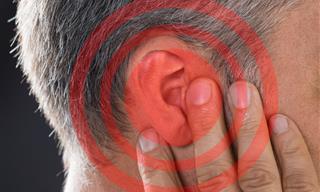Symptoms of Hypothyroidism
Hypothyroidism most commonly occurs when the thyroid gland isn't producing enough thyroid hormone, either because it cannot (primary hypothyroidism) or because it is not being stimulated enough (secondary hypothyroidism).
Kids who are suffering from primary hypothyroidism will usually have a low free thyroxine level (free T4) and an elevated level of thyroid stimulating hormone (TSH). The symptoms include the following:
• Short stature of deceleration of growth
• Rough, dry skin
• Cold intolerance
• Constipation
• Fatigue, decreased energy
• Sleeping more
• Easy bruising
• Delayed puberty (teens)
• Galactorrhea (white breast discharge)
• Pseudoprecocious puberty (early puberty)
• Headaches
• Vision problems
Symptoms of Hyperthyroidism
In hyperthyroidism, also known as thyrotoxicosis, there is an excess of thyroid hormones. Children who are suffering from this will usually have high T4, T3, and a low TSH. The symptoms include the following:
• Emotional liability, with the child being more likely to cry, be irritable, and excitable and so on.
• Short attention span
• Finger tremor
• Increased appetite
• Weight loss
• Enlarged thyroid gland (goiter)
• Exophthalmos (protruding eyes)
• Upper eyelid lag
• Flushed skin
• Infrequent blinking
• Excessive sweating
• Muscle weakness
• High blood pressure
 Go to BabaMail
Go to BabaMail






















































